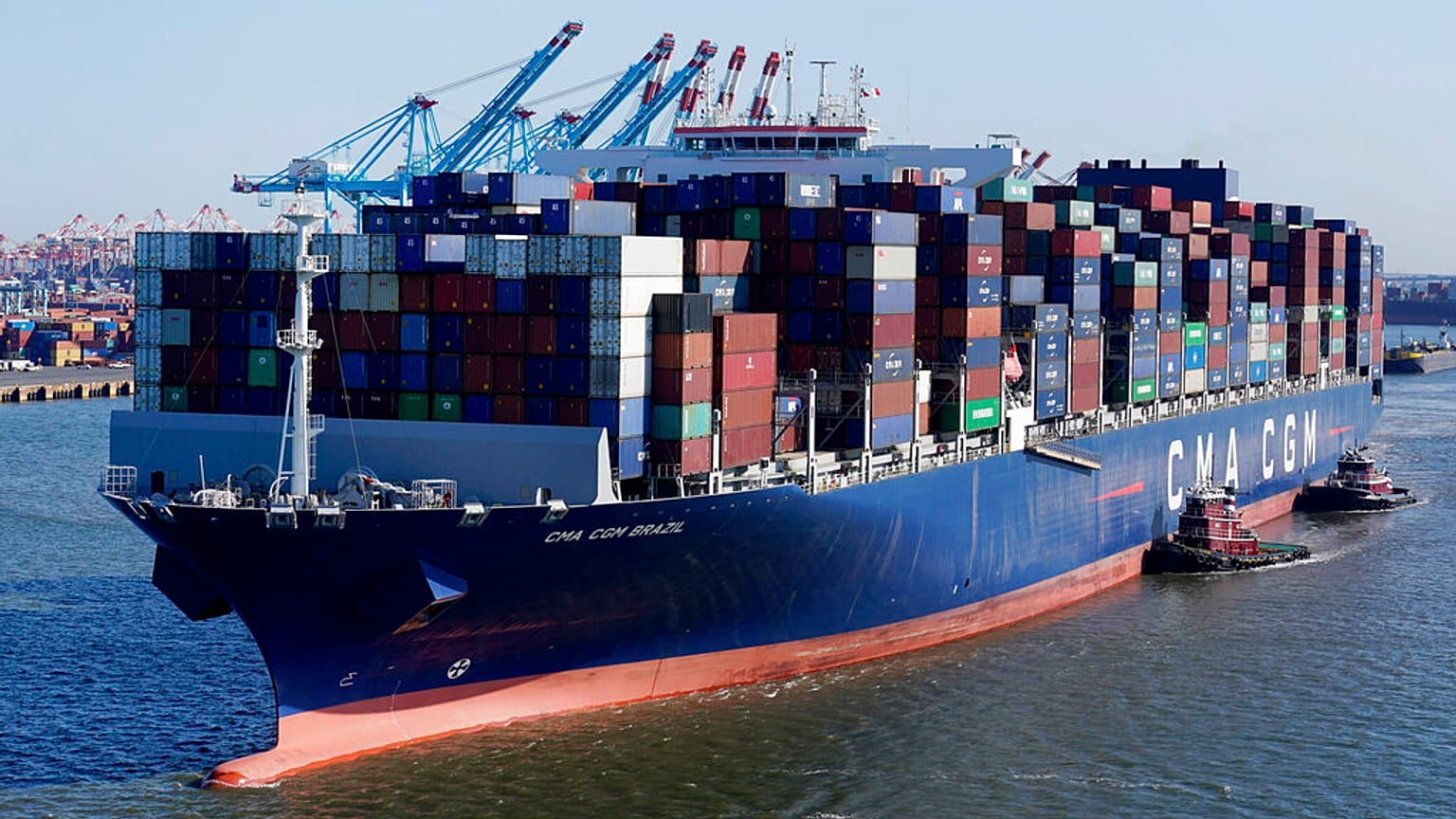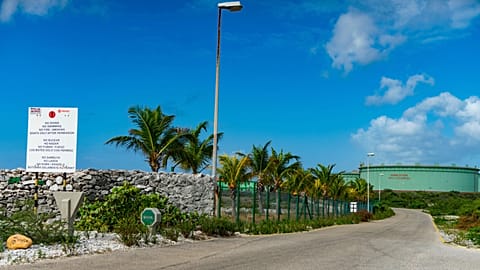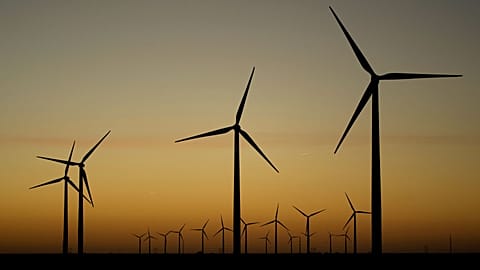Biofuels producers accuse EU co-legislators of discrimination in using crop-based biofuels.
EU co-legislators omitted scientific and technical data from assessments when determining maritime biofuels emissions levels, ethanol producers claim in a legal challenge, according to the published court claim.
ePURE, the European renewable ethanol, alongside the Hungarian Pannonia Bio, which operates a biorefinary, filed the legal challenge last December with the General Court of the EU claiming the FuelEU Maritime law “fails to properly recognise the proven benefits of sustainable crop-based biofuels”, adding the decision violates several key EU legislative procedures.
EU co-legislators “failed to rely on scientific data” when arguing biofuels do not produce the same emissions as “the least favourable fossil fuel”, according to the claimants.
ePURE and Pannonia also argue the Parliament and the Council “violated the principle of proportionality” and the “principle of equal treatment” under EU law.
David Carpintero, director general of ePURE criticised the “EU’s patchwork approach” to crop-based renewable ethanol as “discriminatory” arguing lawmakers considered its sustainability in the recast of the renewable energy bill — the Renewable Energy Directive (RED) —in the road and rail transport sector but decided to exclude it from maritime and aviation fuel bills.
The ethanol producers claim such an arbitrary approach was unjustified, and led to a “lack of legal certainty and legitimate expectations for operators concerned.”
Mark Turley, CEO of ClonBio Group, the owner of Pannonia, accused lawmakers of being “irresponsible” and said EU investors are choosing the US for new investments due to the “unstable” EU transport decarbonisation policies.
Faig Abbasov, director of shipping at Transport & Environment (T&E), a Brussels-based campaign group, said lawmakers excluded bioethanol derived from food crops from FuelEU Maritime “for a good reason”.
“The environmental benefits are minimal, while using crops such as corn and wheat for fuel drives up food prices,” Abbasov added, referring to a European Court of Auditors’ report also expressing disapproval of biofuels in EU policy.
The Council and the Parliament did not respond to a request for comment.


















